Post 9/11: NYPD's surveillance of Muslims under scrutiny
Injuries suffered by Muslims 'self-imposed, based on subjective fears', says city lawyer
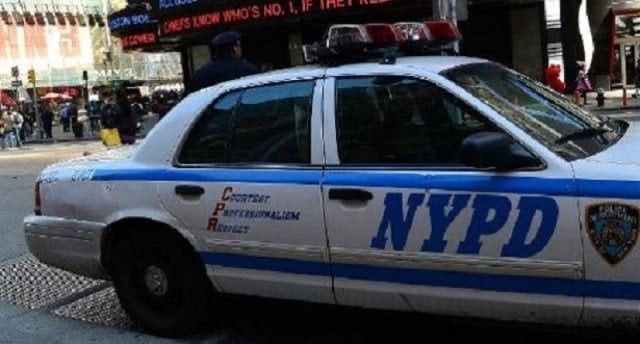
Injuries suffered by Muslims "self-imposed, based on subjective fears", says city lawyer . PHOTO: AFP
The police were questioned by a three-judge panel on whether they had any specific or affirmed leads which could justify the surveillance of Muslim businesses, mosques and student groups in New Jersey after 9/11.
The alleged practice went on from 2002 till at least 2012 as per the lawsuit filed by several Muslim groups.
US District Judge William Martini of Newark had thrown the lawsuit out, after concluding that police could not keep watch "on Muslim terrorist activities without monitoring the Muslim community itself."
However, the judges on the Philadelphia-based 3rd US Circuit Court of Appeals questioned on Tuesday why the surveillance wasn't more targeted.
A lawyer for New York City was grilled about the intent of the surveillance programme, while the tactic was compared to the investigation of abortion clinic violence pertaining to Catholics or baptists, rather than focusing on specific suspects.
"You've got to admit there are a lot of people in this country that (became) prejudiced against Muslims after 9/11," US Circuit Judge Jane R Roth said, adding that "whether that includes the people who have instituted the surveillance practice in New York City — how can we know at this point?"
The Muslim plaintiffs are hoping to have the lawsuit revived to learn further about the programme.
Peter Farrell of the New York City Law Department called any injuries suffered by Muslims "self-imposed, based on subjective fears" that may have led them to avoid gathering with other Muslims after the attacks.
Further, he said the plaintiffs cannot simply infer the intent of the program was discriminatory.
Contrary to the lawyer's view, the 3rd Circuit judges said the harm was "concrete" if attendance at mosques fell or businesses lost money from fear of their premises being watched.
"I think it's really unfair to have the New York Police Department come to our jurisdiction, come to our university, to spy on us. I'm Muslim by religion — but my nationality is American. So, I'm American by heart," said a student.

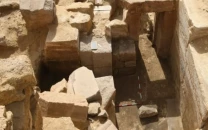

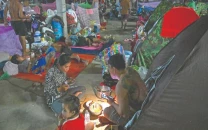

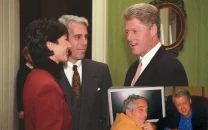
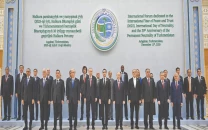






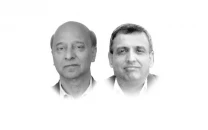





COMMENTS
Comments are moderated and generally will be posted if they are on-topic and not abusive.
For more information, please see our Comments FAQ